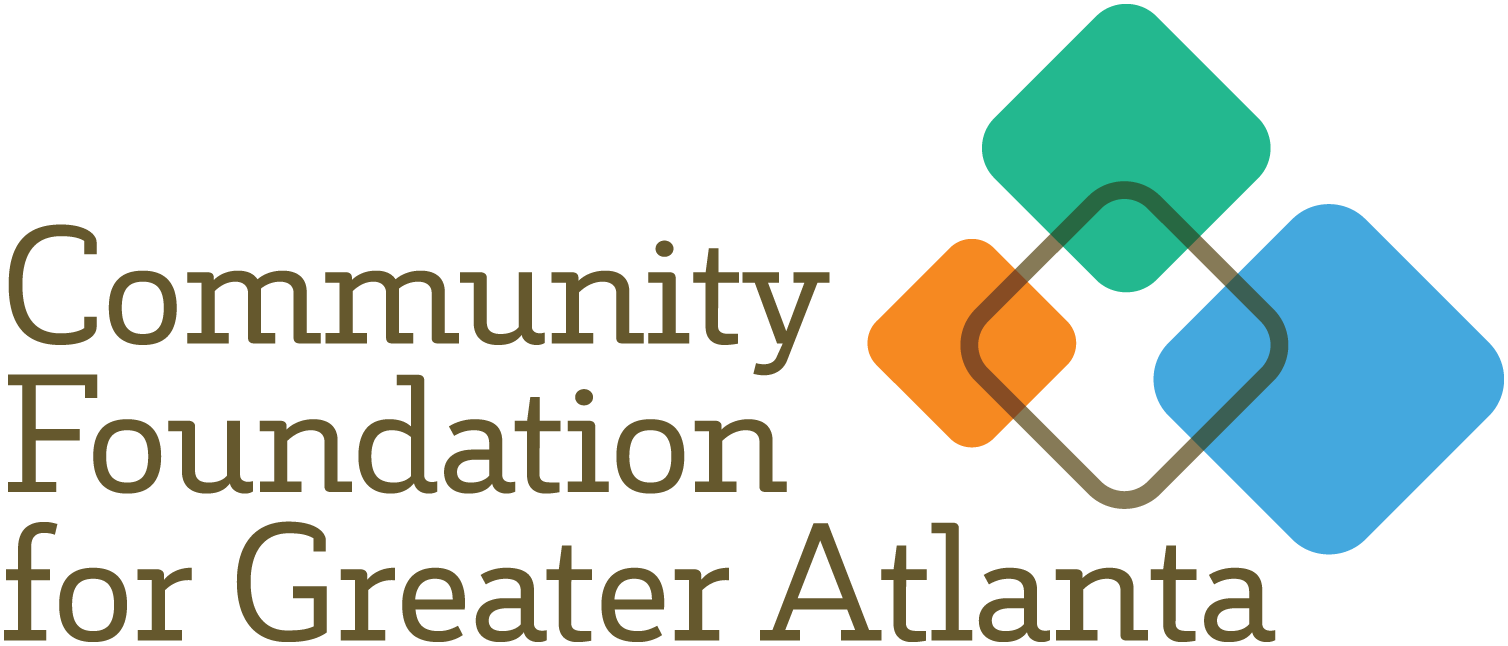For the past few weeks, we have used Gary Pomerantz’s historical novel, “Where Peachtree Meets Sweet Auburn” as a metaphor for white and black relationships in Atlanta.
First, we tried to listen more carefully to each other and to appreciate our histories. We soon discovered that we have more in common that we realize.
In the spring of 1856, a free woman of color named Mary Combs paid $250 for a tract of land that is allegedly the corner of Peachtree Street and Auburn Avenue. She later sold it for $500 and used the funds to purchase her husband’s freedom from slavery.
Combs was the distant relative of another slave, Martha McAfee Dobbs, the daughter of prominent white physician, Dr. John McAfee. Martha McAfee married one of her father’s slaves, Wesley Dobbs, and called their son, John Wesley Dobbs — also known as “The Grand.”
John Wesley Dobbs was an outstanding leader of community affairs and taught black citizens of Auburn to appreciate the power of the vote. He was also the undisputed leader of the Masonic chapter in Atlanta. Most importantly, from this bi-racial line, Maynard H. Jackson emerges as the first black mayor of Atlanta.
Peachtree and Auburn meet again.
Prominent leaders are necessary in any enterprise, but when we think of race relations, we must take it a step further. Our goals of creating lasting interracial relationships are realized by establishing personal contacts with ordinary citizens — hopefully in small issue study-action groups.
Our society is almost a dysfunctional one — comprised conservatives who are generally closed-minded and liberals who are arrogant and angry about everything.
But, when we carefully listen to those with whom we initially disagree, we usually discover positions on which we do agree. If we are to move to a more comprehensive understanding between blacks and whites, we have to begin here and intentionally set up situations that will bring us face to face in small groups, with people of differing — but respected — opinions.
My “grands” are in college. When I share my opinions regarding certain relational topics, they push back vigorously and challenge me forcibly. However, I come away with new insights and accept many of these opinions because I trust my grandchildren. But I must go one step further than understanding. I must build bridges of racial trust and understanding between Peachtree and Auburn Avenue if improvement is to be experienced across racial lines.
In order to work across racial barriers, our children have to have opportunities to be educated together, to broaden their comprehension of the world, and to enhance their talents and virtues.
This is what we seem to have misplaced in Atlanta: a high standard of talent and virtue that affirms the best aspirations of all of us, regardless of race, color or previous conditions of servitude.
What can we do together to push the minimum wage from $7.25 to $10? How can we compel Congress to reduced interest on student loans? Can we push our state government to use available funds to help offset high Medicaid costs at Grady Health, and elsewhere in the state?
We won the $25 million that Fulton County requested for Grady, but we had to return it to the federal government when our legislators and governor could not come to a compromise that would have kept the funds in Georgia.
Finally, a look at our juvenile justice system (it is hardly a just system). On a typical day, more than 105,000 youth are behind bars in the United States. Of this number 11,000 of these minors are being held in adult prisons and jails — many in Atlanta and throughout the state. Young people are thrown into prison for minor drug-related offenses. The national recidivism rate for adults is 67.5 percent, but for these boys and girls the rate jumps to 80 percent.
In closing, please don’t give up on Peachtree and Auburn Avenue, for we do have resources. Perhaps we are just not aware of some of them:
- Atlanta Interfaith AIDS Network
- BraveHeart Initiative: Walking Wounded Project
- Bread for the World
- The Center for Positive Aging
- Families First
- Genesis Shelter
- Grady Hospital
- Habitat for Humanity
Get a small interracial group to work together on one or two projects. Have feedback from time to time. You’ll enjoy it, and chips will fall off of our shoulders. Together we shall move in the destiny of Ivan Allen, John Wesley Dobbs, William Hartsfield, Maynard Jackson, Benjamin E. Mays and, of course, Martin Luther King, Jr.
Let’s keep working for a brighter and better day in Atlanta.
Rev. Joseph L. Roberts, Jr.
Categories
- Arts, Culture and Creative Enterprises6
- Book Club26
- Community107
- COVID-1934
- Donor Stories39
- Events30
- Great Grant Stories62
- Higher Ground168
- Housing and Neighborhoods14
- Impact Investing28
- Income and Wealth12
- Media22
- News158
- Nonprofits24
- Philanthropic Resources131
- Place-focused6
- Power and Leadership8
- Press Releases99
- Publications62
- TogetherATL20
- Uncategorized335
